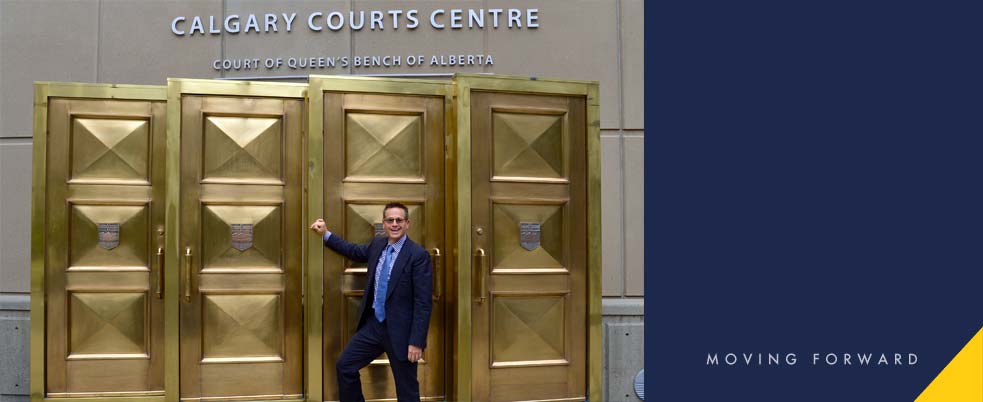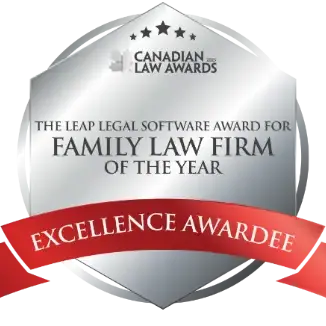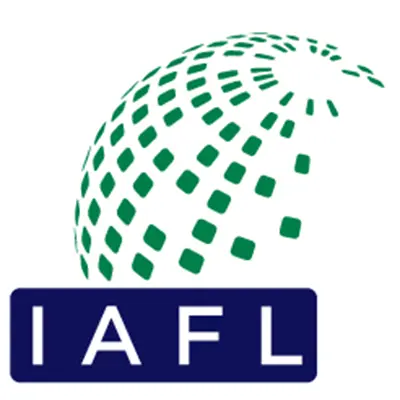
The MacLean Law Calgary Family Law Pre Tax Profits Support lawyers understand that merely looking at the tax return of a self employed business owner, professional, director, or shareholder of a profitable family business is foolhardy if you want to obtain fair spousal and child support.
Calgary Family Law Pre Tax Profits
Lorne N MacLean, QC heads our firm and he handles high net worth Calgary Family Law Pre Tax Profits Support cases involving wealthy business owners, professionals and partners in companies or joint ventures. To use an extreme example, consider a business owner whose company made a $1,000,000 dollar profit. Then assume they took only $10,000 out as a salary and declared only this amount on their tax return. Child support and spousal support for an employee is properly based on their paystubs and tax returns but professionals and business owners are a different animal. You can see the unfairness and illogical result that would occur if we looked only at a business owner’s personal tax return. Check out this Vancouver imputed income pre tax profits article.

How Does Calgary Family Law Pre Tax Profits Of Self Employed Persons Matter for Spousal and Child Support?
So what happens to the profits left in the medical practice or the company for example? The simple rule is that the onus will be on the business owner to prove a need to keep some of these profits in for legitimate business reasons such as a hedge for bad times, money needed for expansion or replacement of equipment, banking covenants or shareholder agreement obligations amongst others. Lorne N MacLean, QC handles these cases across Western Canada primarily in Vancouver and Calgary. Click here to see what the special section for business owners is under the the CHILD SUPPORT GUIDELINES.
Calgary Family Law Pre Tax Profits Support
DBF v BF, 2017 ABCA 272 provides the latest summary of BC and Calgary Alberta case law on how business owners and shareholders tax return incomes can be adjusted to ensure fair child and spousal support is paid. In this case the court looked at a shareholders entitlement to their fair share of a management fee that had been “waived”
[63] This Court has carefully considered the interplay of sections 16-19 of the CS Guidelines: Goett v Goett, 2013 ABCA 216, 553 AR 275 [Goett]. An interpretation of the CS Guidelines requires a purposive approach consistent with its important goals: Goett at para 10. Section 18 of the CS Guidelines allows the court to pierce the corporate veil “… if the court is satisfied that the income as determined under s 16 does not fairly represent the amount available to pay child support”: Goett at para 12. This is to “…address a payor’s potential diversion, manipulation or sheltering of income through the use of a corporate structure in order to avoid the payment of adequate child support”: Sweezy v Sweezy, 2016 ABQB 131 at para 28, 36 Alta LR (6th) 179 [Sweezy]; see also paras 28-31. 2017 ABCA 272 (CanLII) Page: 11
[64] In Goett, at paras 10-11, this Court stated: “In determining the pre-tax income of a corporation for this [s. 18] purpose, all amounts paid by the corporation as salaries, wages or management fees, or other payments to or on behalf of persons with whom the corporation does not deal at arms length must be added, unless the shareholding spouse establishes that the payments were reasonable in the circumstances”.
Calgary Family Law Pre Tax Profits Section 18 and Section 19 Allow Imputed Income
[65] In some cases, the language of section 18 does not expressly capture the situation. Section 19, the deeming provision, provides a non-exhaustive list of circumstances when the court may impute income, where the court is of the view that the income as stated in the tax returns does not truly represent the income available to pay child support, as the two sections are inextricably linked: Goett at para 18.
[66] The issue is whether all or part of the management fee waived for the construction of the house for Mr. F’s common law partner should be treated as income for support purposes.
[67] Mr. F is a shareholder (through Pera) and officer of BPI whose subsidiary, Baywest, conferred a benefit on MW by waiving the management fee to construct her new home, the home where he resides with her (trial reasons, para 444). She is a non-arm’s length third party and has accrued this benefit as a result of her relationship with Mr. F. Mr. F benefits because MW is his common law partner. This waiver of a management fee is the type of benefit conferred on a non-arm’s length recipient that section 18 of the CS Guidelines is designed to capture as income.
Calgary Family Law Pre Tax Profits Onus On Paying Spouse
[68] The onus rests on Mr. F to prove the reasonableness of the waiver of the management fee. Reasonableness in this context requires “clear and cogent evidence” that the benefit was commercially reasonable in the circumstances: Potzus v Potzus, 2017 SKCA 15 at paras 67, 72, 91 RFL (7th) 290.
[69] Mr. F submits that there were legitimate business reasons for providing the benefit: to show prospective Baywest clients a development opportunity in the inner city, MW carried the financial risk of construction, and BPI directors approved the project. The trial judge found that Baywest enjoyed “some” benefit from building the home in an inner city area (trial reasons, para 444). But in our view there was not clear and cogent evidence to support more than this minimal benefit to Baywest.
[70] As to the quantum to be attributed to Mr. F, the total cost of construction was approximately $730,000. While the evidentiary record is unclear as to the exact amount of the management fee that was waived, there is evidence that it likely fell within the range of 14-18% for custom homes (Trial Transcript, 1357/13-20). Setting the amount at 14% would allow for any value added to Baywest for having a model home in the neighborhood. Therefore, the proper management fee is $102,200.
Calgary Family Law Pre Tax Profits Company Owning Another Company Counts Too
[71] Mr. F is not the sole, or even a majority, shareholder in BPI. However, he holds a position with the ability to exert corporate control. Section 18 applies not only to sole shareholder spouses, 2017 ABCA 272 (CanLII) Page: 12 “but it also applies to one who shares ownership and control with others”: Kowalewich at para 48. Even where the payor is a minority shareholder, it is fair to attribute a portion of the corporate pre-tax income to that payor: Chapman v Summer, 2010 BCCA 237 at para 33, 4 BCLR (5th) 262.
[72] Baywest is a wholly owned subsidiary of BPI, and on the basis of Mr. F’s minority shareholder status in BPI, holding approximately 8.2% of the total shares (Trial Transcript, 823/6-12), we find that 8.2% of the management fee should be attributed to Mr. F: see e.g. Megson v Megson¸ 2014 BCSC 2467 at para 188, 56 RFL (7th) 369; Soucie v Soucie, 2010 BCSC 1783, [2010] BCJ No 2498 (QL).
[73] It is an error to fail to apply the terms of section 18 of the CS Guidelines: Goett at para 23. Therefore an additional $8,380.40 must be attributed to Mr. F’s income for the 2014 taxation year. This attributed income must also be included in the assessment of child and spousal support for 2014.
MacLean Law Calgary Family Law Pre Tax Profits Support lawyers are ready to assist you in this complex class of cases which may include, complex pre-tax profits strategies and dividends, shareholders loans, third party payment fairness analyses.











